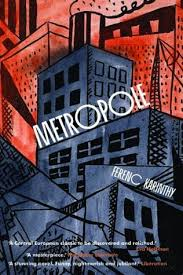The Truth about the Harry Quebert Affair

I purchased this novel with high hopes - the blurb sounded just my thing: a story about an author accused of murder, and a young writer and protégé who must assist his mentor in solving the crime through writing a novel of his own. A metafictional premise, in other words, with a picture from Edward Hopper on the front cover. I should have been more weary of the heavy bold title which obscures the Hopper painting; there is something emblematic in this in terms of the promise of the book. In reviewing a highly successful novel written by a young European writer one is very conscious of not sounding like a bitter-and-twisted would-be-but-can't-be bestseller author oneself, jealous of the twists and turns of another's life. Keeping this in mind, I will do my best to be fair on the novel and author and begin with what works well (perhaps this is where the grab quotes normally come from). The novel has been compared to Stief Larsson's The Girl with the Dragon Tattoo . Yes, it...




